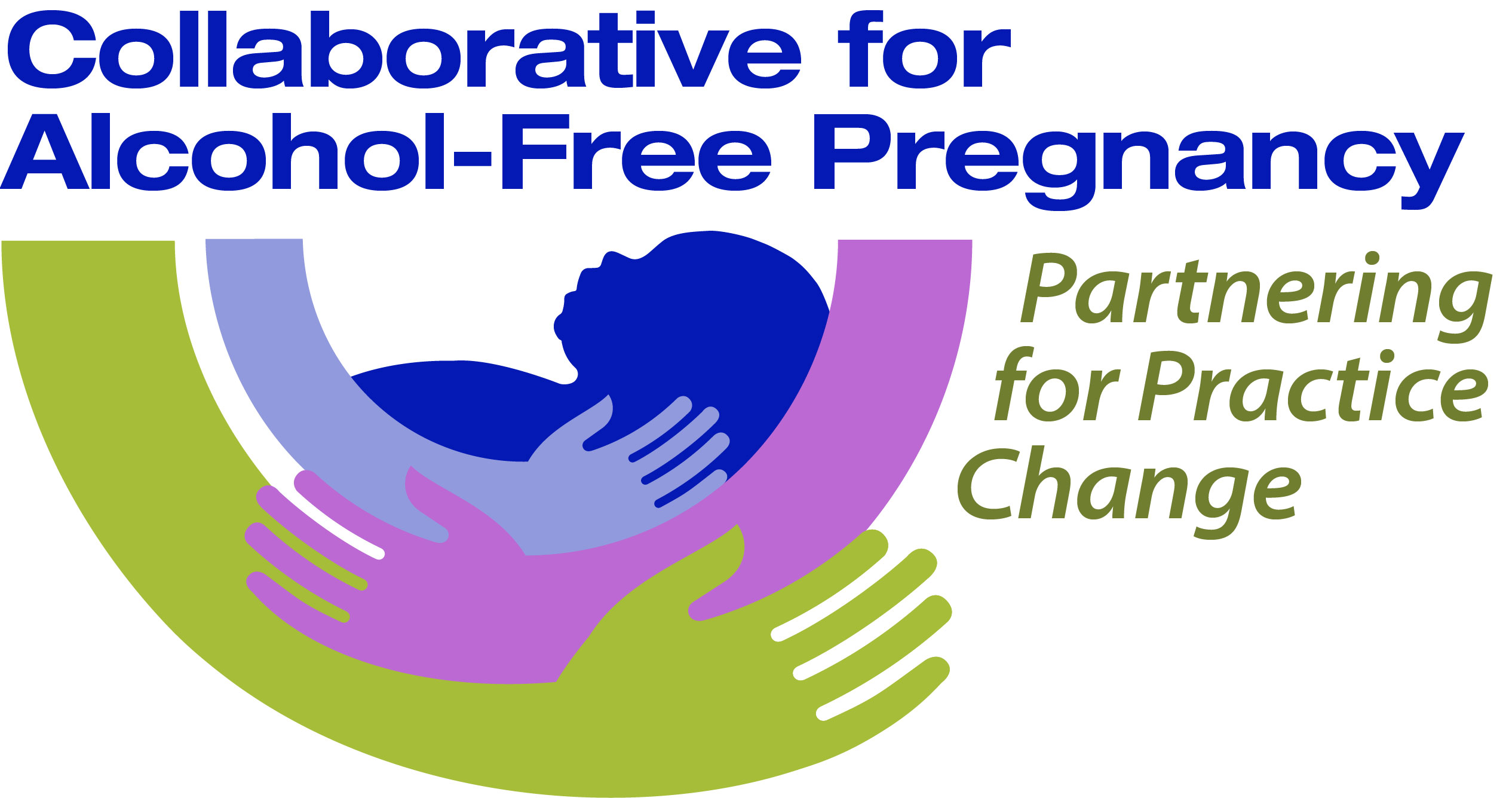Women, Risky Drinking and Alcohol-exposed Pregnancies : A Framework for Field Instructors
-
Register
- Non-member - Free!
- Member - Free!

Overview:
High-risk drinking among US women has increased significantly over the past decade and is linked to serious adverse health and reproductive outcomes. This self-paced course describes current patterns of alcohol use among women; risk factors for alcohol-exposed pregnancy; fetal alcohol spectrum disorders (FASD); and what social workers can do to support/deliver alcohol screening and brief intervention and other preventive services in social work clinical practice. Case study and clinical practices that support social work field instruction and supervision are also discussed.
CSWE is pleased to partner with the University of Texas at Austin to offer free continuing education credit (CE) for this course. Funding was provided by Centers for Disease Control and Prevention, cooperative agreements NU84-DD00147 (University of Texas at Austin) and NU01-DD001131 (Baylor College of Medicine). Participants must review the "CE Instructions" prior to participating in the course.
Participants will learn to:
•Describe prevalence and patterns of high-risk drinking among women of reproductive age
•Identify who is at risk of an alcohol-exposed pregnancy (AEP) and 3 prevention practices
•Describe Fetal Alcohol Spectrum Disorders (FASD) as an outcome of prenatal alcohol exposure
•Identify topics/activities for field instruction around risky alcohol use, stigma, and difficult conversations about risky behaviors
Who should participate?
This course is appropriate for anyone with an interest in women's substance/alcohol use, evidence-based interventions, and FASD. Relevant social work competencies and a case study are provided to support field instruction of students.
Participants may earn 1.25 continuing education clock hours after completing the training. The course is appropriate for generalist or clinical social work practice and the degree of difficulty is intermediate. To earn a CE certificate, participants must:
- Review all the course material, including 3 required readings and 5 brief webinar presentations (total training time is approximately 1-1 1/2 hours)
- Correctly answer a minimum of 80% of the assessment questions
- Complete the electronic evaluation form
- Verify their identity through an online acknowledgement form
After meeting these minimum requirements, participants can select a CE certificate to print that will list the participant name, course name, number of CEs, and the date of completion.
CSWE (ACE Approval #1163) is approved as a provider for social work continuing education by the Association of Social Work Boards (ASWB) www.aswb.org through the Approved Continuing Education (ACE) Program. CSWE maintains responsibility for the program. ASWB Approval Period: 1/23/2021-1/23/2024. Social workers should contact their regulatory board to determine course approval for continuing education credits.
Scheduled Access/Interaction
All content for this course is asynchronous, so participants can complete the course on their own time and at their own pace. There is no scheduled access/interaction with course speakers. If you would like to communicate with a speaker or CSWE staff about this course, please e-mail learningacademy@cswe.org. CSWE operates regular business hours (9:00 am-5:00 pm) Monday-Friday.
Accommodations for a Disability
If you require accommodations to complete this course due to a disability, please e-mail learningacademy@cswe.org and provide a written explanation of the type of accommodation you require.
Procedures for Complaints and Grievances
Please follow the below outlined procedures to issue a complaint or grievance regarding any matter related to CSWE's continuing education program:
- Complaints or grievances must be submitted in writing to CSWE via mail at 333 John Carlyle Street, Suite 400, Alexandria, VA 22314 or email, CEsatAPM@cswe.org.
- Complaints will be reviewed by the CE Program Manager and responded to in writing within 30 days of receipt of the written complaint.
- Individuals issuing a complaint/grievance may request to have a phone hearing with the CE Program Manager in the event that they disagree with CSWE's written response.
A record of all written complaints/grievances and CSWE's written responses are retained and reported to the Association of Social Work Board's Approved Continuing Education Program.
Key:
Sandra Gonzalez, PhD, MSSW, LCSW
Instructor, Department of Family and Community Medicine, Baylor College of Medicine
Dr. Gonzalez is an Instructor and Licensed Clinical Social Worker in the Department of Family and Community Medicine at Baylor College of Medicine in Houston, TX. Dr. Gonzalez received her MSSW from The University of Tennessee, Knoxville, and her PhD from The University of Texas at Austin. She has previously served as Coordinator of Field Services for the MSSW program at The University of Tennessee, Knoxville (Nashville campus). Dr. Gonzalez has 16 years of experience in clinical and academic settings with roles as a practicing clinician, researcher, and educator. She is currently a Co-Investigator on the CDC-funded FASD Practice and Implementation Center – South (FASD PIC – S) project, serving as content expert for social work and implementation of alcohol Screening and Brief Intervention (SBI). Her major interests include integrated behavioral health, prevention of alcohol-exposed pregnancy (AEP), brief interventions, and residency and medical student training. She has presented on the topics of FASDs, prevention of AEP, and implementation of alcohol SBI at national and international conferences. Dr. Gonzalez is also a past President of the Tennessee Chapter of NASW.
Leah Davies, LMSW
Associate Director of Strategic Health Alliance, Texas Center for Disability Studies
Leah Davies, LMSW is the Associate Director of Strategic Health Alliance within The Texas Center for Disability Studies and a proud social worker. Ms. Davies has worked in a variety of human service systems and organizations in her career and is an active community volunteer and advocate. Her interests include: collective impact, social determinants of health, developmental disabilities, and in particular, Fetal Alcohol Spectrum Disorders. Ms. Davies contributed to the US Department of Health and Human Services, SAMHSA publication, Treatment Improvement Protocol 58: Addressing Fetal Alcohol Spectrum Disorders. Leah also co-authored a 2017 publication in the Journal of Pediatric Health Care, Fetal Alcohol Spectrum Disorders: What Pediatric Providers Need to Know along with Angela Nash, Ph.D., RN. PCNP. Ms. Davies has extensive experience in creating and delivering presentations, building cross systems collaboration, working with emerging social work professionals, and analyzing policy.
